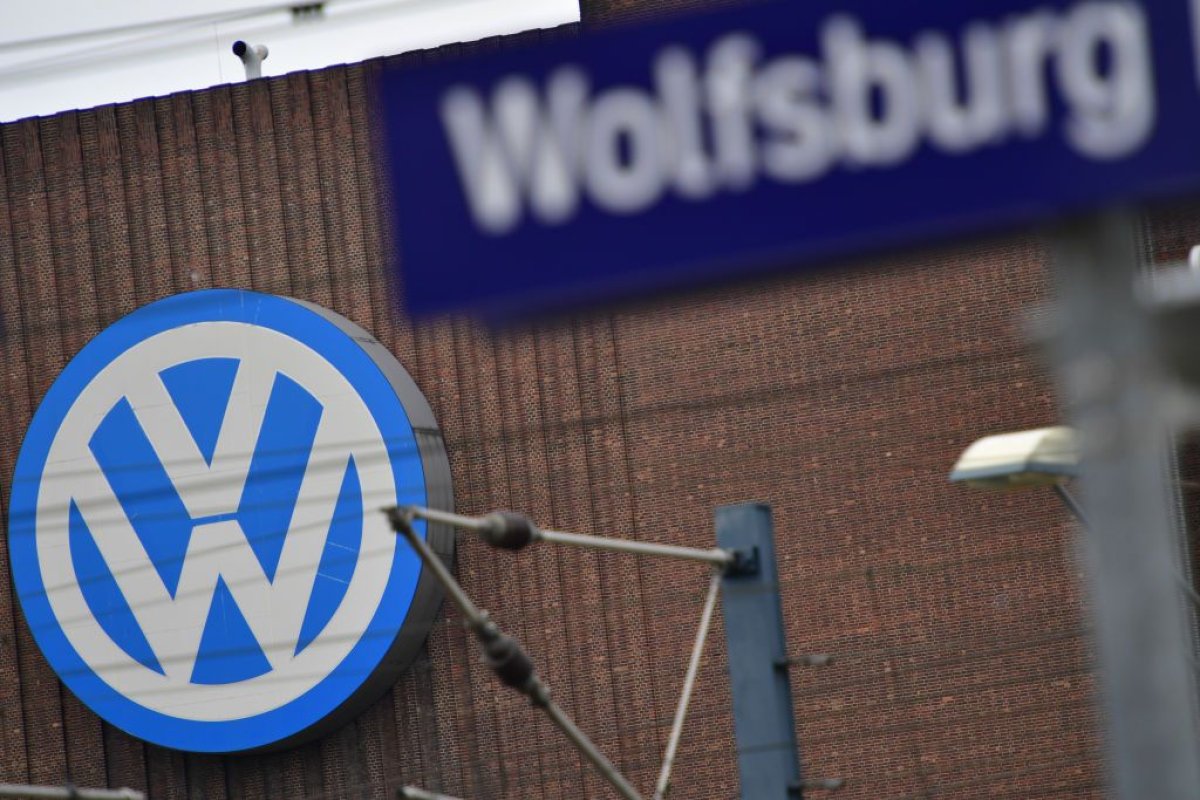Despite pledges from the European Union to support Iran, Volkswagen has joined a growing list of European companies to pull out of the country following threats from President Donald Trump, a U.S. official has confirmed.
U.S. Ambassador to Germany Richard Grenell told Bloomberg this week that the German auto manufacturing giant will end most of its operations in Iran, saying the company's negotiations with the Trump administration concluded on Tuesday. Grenell explained that Volkswagen will be allowed to continue some operations in Iran through a humanitarian exception.
However, a company spokesperson downplayed the significance of the decision and added that Volkswagen has always endeavored to obey "national and international laws as well as export regulations," Agence France-Presse reported. "We are also taking into account possible effects related to the reintroduction of U.S. sanctions," the spokesperson said.

Commenting on the negotiation results, Grenell said the Trump administration is "pleased with this decision because Iran diverts its economic resources away from its people to spread violence and instability across the globe," according to Bloomberg.
While Volkswagen's presence in Iran is relatively small, its withdrawal is yet another blow to Iran and the 2015 Joint Comprehensive Plan of Action, commonly known as the Iran nuclear deal. In May, Trump officially withdrew the U.S. from the international agreement and moved to reimplement sanctions in August. The agreement's other signatories (France, the United Kingdom, Germany, the EU, Russia and China) have all criticized the White House's decisions and have worked to preserve the deal.
The foreign ministers of the EU, Germany, France and the U.K. said in a joint statement last month that they would work to protect their business and economic interests with Tehran. However, top European companies such as French oil giant Total, German shoe and sports apparel maker Adidas, German chemical company BASF and German auto manufacturer Daimler have all curbed their operations in the country.
As the U.S. sanctions were imposed, Trump vowed to target those maintaining economic ties with Iran. "Anyone doing business with Iran will NOT be doing business with the United States," the president said on Twitter at the time.
BASF will comply with US sanctions on Iran. https://t.co/A51YwhQoHD
— Richard Grenell (@RichardGrenell) September 18, 2018
Last week, European leaders revealed plans to set up a "special purpose" financial company to process payments for transactions with Tehran, bypassing the normal international financing channels to avoid U.S. sanctions. The EU also announced last month it would give Iran more than $20 million in aid to counter the repercussions of Washington's punitive measures.
Nonetheless, the withdrawal of so many major companies bodes poorly for Europe's efforts to preserve the agreement. Iranian leaders have already expressed significant pessimism about the future of the agreement.
In August, Iran's Supreme Leader Ayatollah Ali Khamenei said that his country should "give up hope" in European partners saving the deal. "If we come to this conclusion that it does not serve our national interests, we can abandon [the agreement]," he said.
Until now, however, Iran remains in compliance with the terms of the agreement. The International Atomic Energy Agency released its latest report at the end of last month, revealing that Iran continues to uphold its end of the deal, as it has consistently been found to do in every previous review.
Uncommon Knowledge
Newsweek is committed to challenging conventional wisdom and finding connections in the search for common ground.
Newsweek is committed to challenging conventional wisdom and finding connections in the search for common ground.
About the writer
Jason Lemon is a Weekend Editor at Newsweek based in Brooklyn, New York. Prior to taking on the editor role, Jason's reporting focused on ... Read more
To read how Newsweek uses AI as a newsroom tool, Click here.






